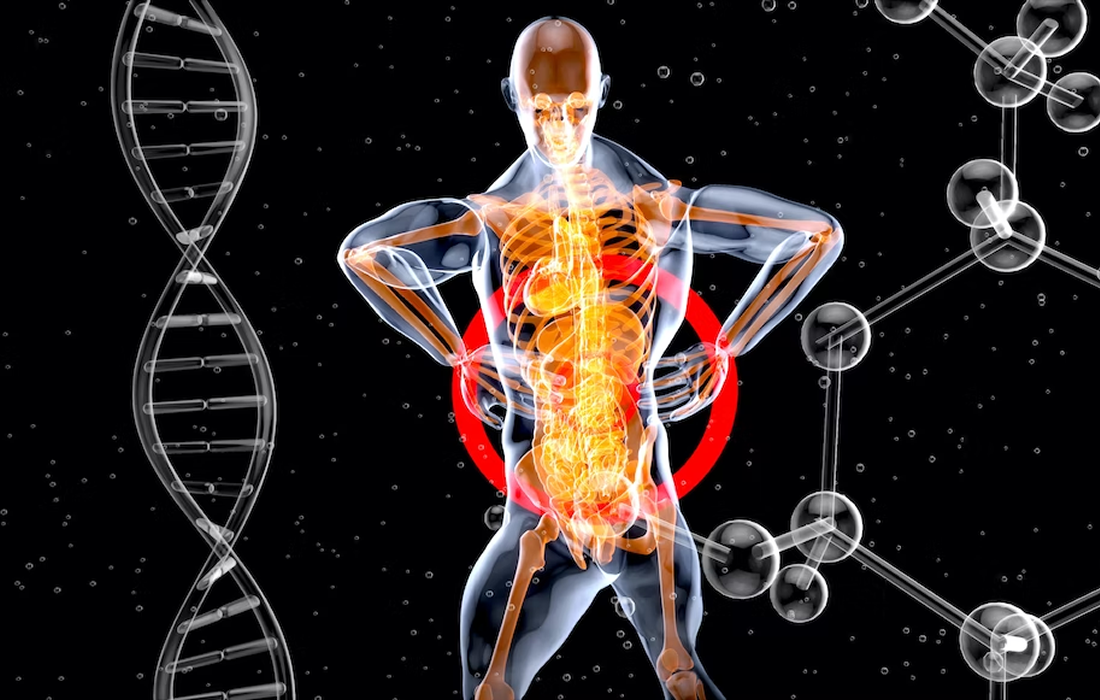A team led by Van Andel Institute and Max Planck Institute of Immunobiology and Epigenetics scientists has identified two distinct subtypes of insulin-producing beta cells, or ß cells, each with crucial characteristics that may be leveraged to better understand and treat Type 1 and Type 2 diabetes. ß cells are critical guardians of the body’s […]
Category Archives: Regenerative Medicine News and General Information
Our circadian rhythms help our bodies synchronize different tasks throughout the day, including gene expression, immune function, and cell repair. We’ve long known that chronically disrupted circadian rhythms can predispose us to a number of health issues. Recent work has shown that circadian rhythms are not only involved in tumor onset, but also govern cancer […]
Sleep disorders such as insomnia are common among young people, especially those with psychiatric conditions. According to some estimates, around 17% of youth engage in self-harming behavior. There are currently few empirically-supported treatments for the condition in youth. A recent meta-analysis suggests that treating the causes of self-harm may reduce its incidence. Some have thus […]
As we age, the end caps of our chromosomes, called telomeres, gradually shorten. Now, Salk scientists have discovered that when telomeres become very short, they communicate with mitochondria, the cell’s powerhouses. This communication triggers a complex set of signaling pathways and initiates an inflammatory response that destroys cells that could otherwise become cancerous. The findings, […]
Parkinson’s disease consists in a condition affecting the nervous system that causes movement issues, such as tremors, stiffened limbs, and cognitive problems. There is still not a specific reason why Parkinson’s occurs. However, the disease has been linked to low levels of dopamine and norepinephrine in the body. Additionally, people with certain risk factors, such […]
Using artificial intelligence, researchers have discovered how to screen for genetic mutations in cancerous brain tumors in under 90 seconds and possibly streamline the diagnosis and treatment of gliomas, a study suggests. In a study of more than 150 patients with diffuse glioma, the newly developed system identified mutations used by the World Health Organization […]
A University of Massachusetts Amherst nutrition scientist who has spent his career studying breast milk has demonstrated how beneficial microbes in the gut of infants use nitrogen from human milk to support pediatric nutrition and development. “The molecules in breast milk not only feed the baby but also feed the baby’s microbiome,” says David Sela, […]
Johns Hopkins Medicine researchers have discovered an immune cell in the intestine that affects the gut microbiome, which can impact brain functions associated with depression. Published in Nature Immunology, the study found that targeting these immune cells with medication or therapy may be possible to develop new treatments for depression. “The results of our study […]
Mpox — previously known as “monkeypox” — is currently spreading worldwide. An international research team from Goethe University and the University of Kent has now identified a compound that could help fight the disease. Their study has been published in the Journal of Medical Virology. Nitroxoline is the name of the new drug candidate that […]
A new study pinpointed key Hox genes, specific to each location in the body, as the controllers of stem cells involved in both forming and repairing bone. HOX proteins act like the body’s “zip code,” specifying the position of limbs in the fetus by encoding instructions for transcription factors, which attach to DNA and influence […]










